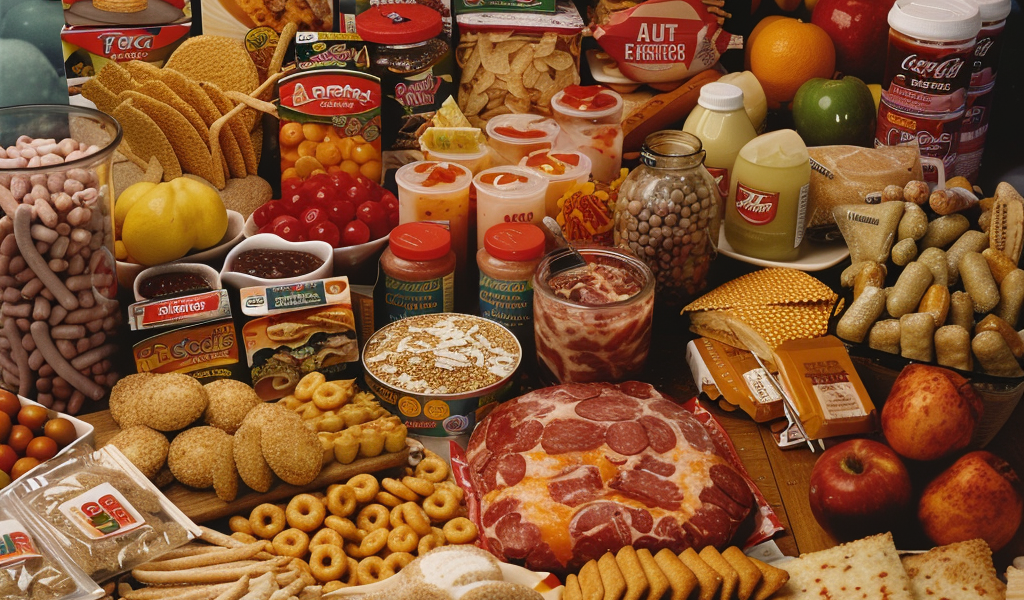Scientists, nutritionists, government bodies, and consumers are increasingly delving into the debate surrounding ultra-processed foods (UPFs) and their impact on health. These foods, characterized by their use of artificial ingredients and unique industrial-scale production processes, have sparked discussions on their categorization and nutritional value.
Recent studies have highlighted the potential health risks associated with UPFs, including heart disease, stroke, obesity, Type 2 diabetes, cancers, and all-cause mortality. However, the debate on the merits of consuming UPFs remains complex and multifaceted.
One of the challenges in assessing UPFs lies in the ambiguity of the term ‘ultra-processed’ and the lack of consideration for nutritional content in classification systems like the NOVA system. While some studies suggest a link between UPFs and adverse health outcomes, others argue that the diversity within the category complicates a one-size-fits-all approach to labeling these foods.
For instance, a study from Harvard revealed that the UPF category encompasses a wide range of items, some of which may be considered healthy. This diversity in UPFs has contributed to consumer confusion regarding the nutritional quality and sustainability of processed foods.
In response to these challenges, the Institute of Food Technologists (IFT) is convening a panel of experts to address the evolving landscape of food categorization and technological advancements. As part of the upcoming IFT FIRST: Annual Event and Expo in Chicago, the panel will explore the changing definitions of UPFs and the impact of novel ingredients and processing techniques on food classification.
As the food industry continues to innovate and introduce new products, the debate over ultra-processed foods is likely to intensify. By fostering discussions among experts and stakeholders, initiatives like the IFT panel aim to provide clarity and insights into the evolving nature of food technology and its implications for public health.





